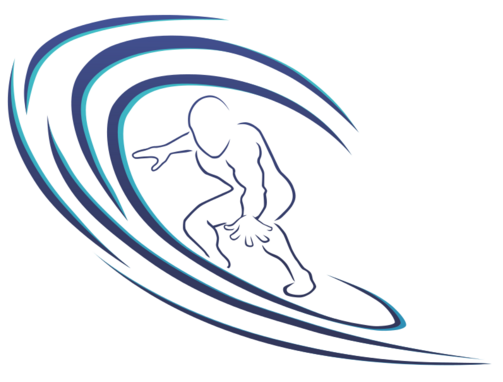Sports Psychology & Stress Management
Whether you are an athlete who needs to perform at an elite level or you’re stressed at work, learning strategies to stay calm and “in the zone” can help you be more productive and successful.
Offered by
What you can expect:
- To increase self-esteem and productivity
- To create balance and objectivity
- To develop a personalized program
- To prevent burnout, loss of productivity and increased healthcare costs
- To utilize coping strategies and stress-reducing techniques
Uncontrolled stress costs American business billions of dollars each year. Twenty-three percent of American workers have been driven to tears because of workplace stress, and twenty percent have quit their job due to this pressure. The National Safety Council estimates that one million employees are absent the average workday because of stress. The World Health Organization describes stress as a “worldwide epidemic.” Learn what you and your company can do to save money and increase loyalty, morale, and productivity.
Dr. Gero’s SUCCESS OVER STRESS™ program has helped countless people by developing an understanding of how stress affects us and the work environment and what we can do to offset its negative impact. Utilizing assessment tools, we determine strategies and action plans to master the harmful residuals of our nemesis, STRESS.
His Mental Fitness Training program is designed to keep the mind in optimal shape. It increases emotional well being by exercising the mind and understanding the benefits of mental health.
Dr. Gero’s Sports Minded program can help achieve mental athletic abilities, relaxation, affirmation, and visualization.
An Overview of Sports Psychology
Yogi Berra once declared, “Baseball is 90 percent mental, and the other half is physical.” These famous words begin to describe the importance of psychology and mental preparation in competition.

The mental state of a player plays a huge role in his or her success, especially when facing an opponent who is equal (or better) in skill: mental strength may end up being the difference between winning or losing.
A brief history
The origins of sports psychology in the United States began in the late 19th century with the observations by psychologist Normal Triplett that cyclists performed better when they were competing within a group versus alone. In the 1900s, football coach Glenn Warner worked with psychologist Walter Miles and then-student B.C. Graves to study the reaction times of football players. By examining their individual and group reaction times, they sought psychological insight that would enable them to gain some advantage over their opponents.
The Many Sides of Sports Psychology
The application of stress management to sports setting has evolved over the years to become a mainstay in sports psychology. Stress management aims at helping athletes develop ways to control stress and anxiety. Mastering stress management techniques enables them to perform at their highest level in high-pressure situations.
Some examples of stress management techniques include:
• Deep breathing
• Muscle relaxation techniques (such as progressive, self-directed types)
• Biofeedback
• Imagery (both internal and external)
• Goal-setting
Strategies such as visualization, self-talk, and relaxation techniques have been refined and used to build sports programs all over the world.
Huge Benefits to Athletes
Sports psychologists can help athletes achieve their full potential. Studies have shown that young athletes experience significant amounts of stress from the pressures of competition, academic rigors and lack of life experience to handle stressful situations well. College athletes have hence been reported to have more problems with alcohol and increased risk for eating disorders (Storch, 2006).
By utilizing various mental strategies, athletes can:
• Maintain rigorous exercise regimens
• Enhance their performance
• Recover better from injuries
• Learn better habits which translate to consistency
• Learn how to enjoy the sport while coping with the pressures of competition
Also, sports psychology as a discipline can help people both on and off the playing field because the same strategies that help athletes manage stress are just as useful in the workplace and at home.
For a complete look at the stress management and sports psychology training programs available, visit Dr. Gero’s website.
References:
1. Association, A. P. (n.d.). Retrieved January 1, 2018, from American Psychological Association: http://www.apa.org/helpcenter/sport-psychologists.aspx
2. Fullerton, C. M. (n.d.). Stress and Anxiety in Athletics. (T. S. Digest, Ed.) The Sport Digest. Retrieved January 1, 2018, from http://thesportdigest.com/archive/article/stress-an
3. Storch, E. S. (2006). Self-reported psychopathy in athletes: A comparison of intercollegiate student-athletes and non-athletes. Journal of Sport Behavior, 28(1), 86-96.
4. Tartakovsky, M. (2016). Sport Psychology and Its History. Retrieved January 1, 2018, from Psychcentral: https://psychcentral.com/blog/archives/2011/07/15/sport-psychology-and-its-history/
